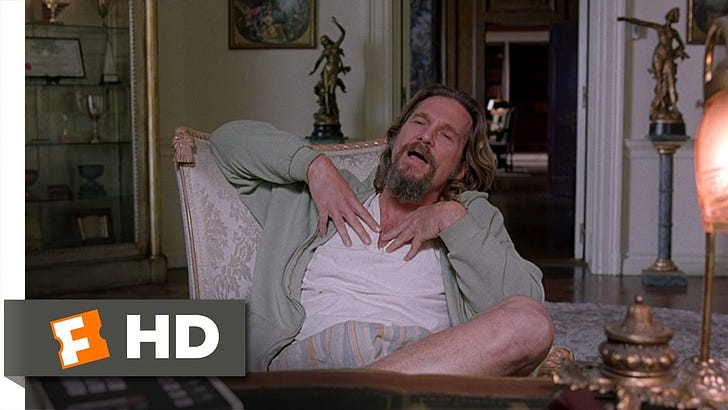I spent my 72nd birthday week reading and grading final papers. It is still in progress because there are always stragglers. I don't penalize these late papers much, if at all, because my colleagues and I often ask ourselves one question: How would you like to be in college right now? I've just finished my ninth year teaching at St. John's University (SJU). In the last two years, I taught two semesters via video, and two semesters in-person. Teaching in-person is so much better, whatever the risks, though SJU requires 100 per cent vaccination. Covid and its variants, the summer of the murder of George Floyd, cancellation of many normal club and social activities, the required masking, social isolation, required quarantine for those exposed or testing positive: They are necessary.
But the fun part of college: the socializing and meeting new people, the exposure to different ways of living, this rite of passage that is as essential for personal growth as it is for learning stuff: It's b…
Keep reading with a 7-day free trial
Subscribe to Critical Conditions by Wayne Robins to keep reading this post and get 7 days of free access to the full post archives.



